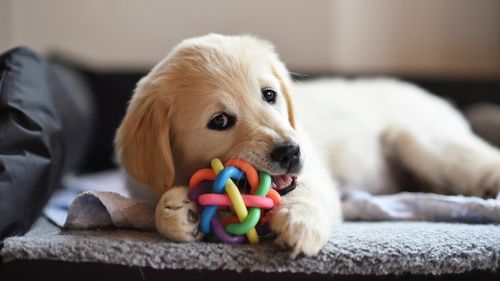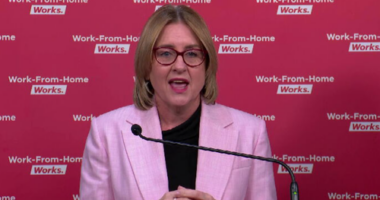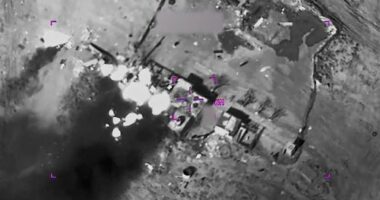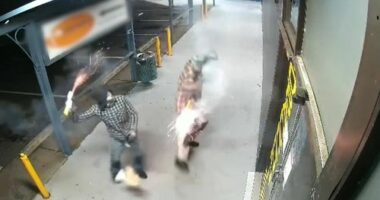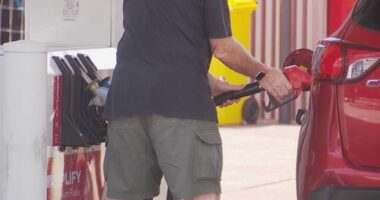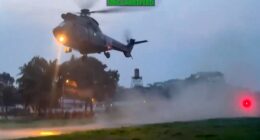Share this @internewscast.com
Dog owners in north-east Queensland are being urged to keep some pets inside as rates of a potentially deadly virus climb across the region.
Canine parvovirus, also known as parvo, is a severe and fast-progressing disease that can be fatal.
9news understands that about 10 cases have been reported in the Willows/Kirwan area, about 20 minutes from Townsville.

Another case has been reported at Woolloongabba.
Though parvo is preventable with proper vaccination, puppies that are too young to be vaccinated and poorly vaccinated dogs can still contract it.
Symptoms include loss of appetite, lethargy, vomiting, diarrhea, abdominal bloating and pain, and changes to body temperature.
Without immediate veterinary care, it can be deadly.
A surge in cases in north-east Queensland has led Greencross Vets to alert dog owners in the area to ensure their pets’ vaccinations are current.
“We are observing more instances of parvovirus impacting animals locally. We urge pet owners to keep up with their dog’s vaccination schedule,” stated Dr. Wendy Smith, the veterinary director at Greencross Vets Willows.
Parvo is highly transmissible and dog’s don’t even need to come into direct contact with an infected animal to contract it.
Although primarily spread through infected feces, the virus can also be transmitted via contact with a dog’s paws or through items such as leashes or bedding.
The virus can also survive in the environment for long periods of time, even after routine cleaning or rainfall.
“This means that even at home in their own environment they can be susceptible to the virus,” Smith warned.
This makes the spread of parvo incredibly hard to control.

Greencross Vets advised residents in north-east Queensland to keep any dogs that are not completely vaccinated inside and away from areas where other animals may be present.
They should also immediately bag and dispose of faeces on walks and regularly clean their dog’s bedding and food and water dishes.
“This not only keeps them safe but also helps prevent the virus from spreading in our community,” Smith said.
“If you are unsure when it is safe to take your puppy out in public, it’s wise to consult your vet, who can guide you based on the current vaccination schedule.”
